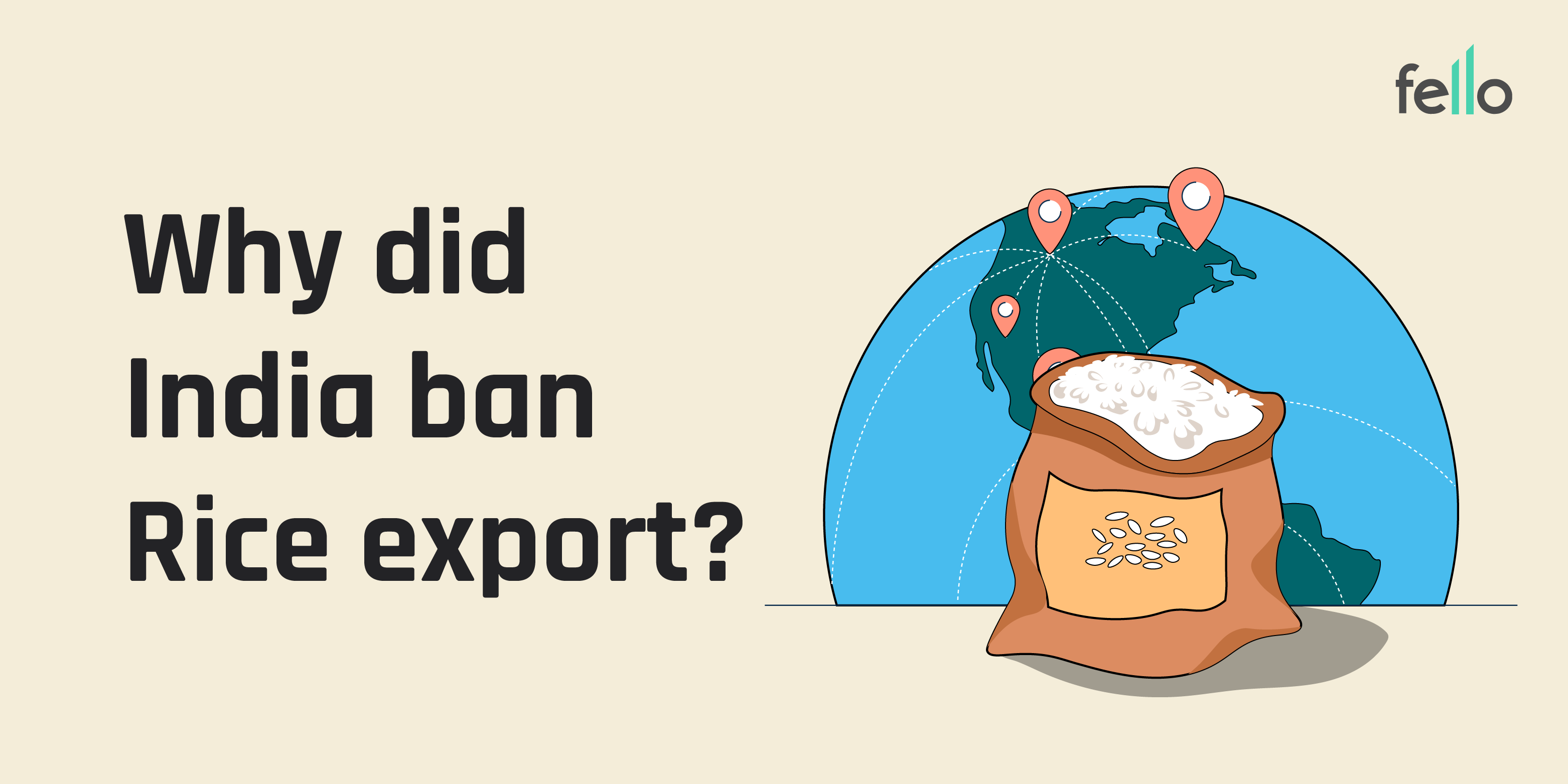On July 20, 2023, the Indian government announced a ban on the export of non-basmati rice. The decision was made in response to rising domestic prices and concerns about food security. Rice is a staple food for millions of people around the world, and India is one of the world’s leading producers and exporters of rice. The ban on rice exports is a significant move, and it is likely to have a major impact on global rice markets.
Why Was the Decision Taken?
The Indian government has cited two main reasons for the ban on rice exports. First, domestic rice prices have been rising in recent months. This is due to a number of factors, including the high cost of production, the impact of the COVID-19 pandemic, and the war in Ukraine. The government is concerned that the ban on rice exports will help to stabilize domestic prices.
Second, the government is concerned about food security. India is a major rice-consuming country, and the government wants to ensure that there is enough rice available for domestic consumption. The ban on rice exports is seen as a way to ensure that India has enough rice to feed its people.
How Will It Affect Rice Prices?
The ban on rice exports is likely to have a significant impact on global rice prices. The ban will reduce the supply of rice on the global market, which is likely to lead to higher prices. This is likely to be particularly felt in countries that are heavily reliant on imported rice, such as Bangladesh and Sri Lanka.
Was It a Good Decision?
The decision to ban rice exports is a controversial one. Some people argue that the ban is necessary to stabilize domestic prices and ensure food security. Others argue that the ban will hurt farmers and consumers in other countries.
It is too early to say whether the ban on rice exports was a good decision. However, it is clear that the ban will have a major impact on global rice markets.
Way Forward
The Indian government’s decision to ban rice exports is a significant move with far-reaching implications. It is likely to have a major impact on global rice markets, and it is also likely to have a significant impact on food security in some countries. The full impact of the ban will not be known for some time, but it is clear that this is a decision that will be debated for years to come.
Here are some additional thoughts on the rice ban:
- The ban is likely to have a mixed impact on Indian farmers. Some farmers will benefit from higher prices, but others may be hurt by the loss of export markets.
- The ban is likely to have a negative impact on consumers in countries that rely on imported rice. These consumers are likely to see higher prices for rice.
- The ban is likely to have a positive impact on food security in India. The government is hoping that the ban will help to ensure that there is enough rice available for domestic consumption.
- The ban is likely to be challenged in court. Some people argue that the ban is illegal under India’s constitution.
The rice ban is a complex issue with no easy answers. It is likely to have a significant impact on global rice markets and food security. It will be interesting to see how the ban plays out in the coming months and years.

